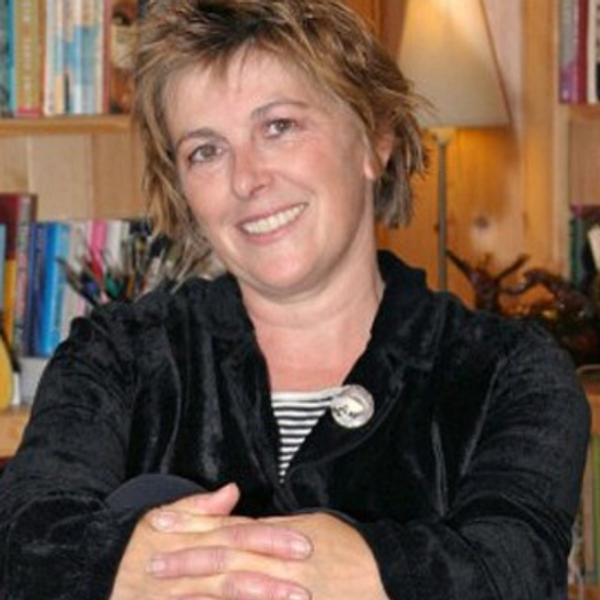“I think I hated my novel a little,” I said this week.
I used “hate” in past tense since I have recently picked back up on the same batch of editing I dropped around this time last year. I gave a parting bow to my former host, Inkitt.com, and started writing the way I loved again. I was brought back from the dead, at last!
But I really hated writing for awhile. Last year, I got stuck exactly five chapters before my ending. The reasons started stacking onto each other: my grandfather had just passed away, my class life was plagued by an unstable professor who didn’t like me much, and generally (truthfully) discouragement had taken over. I had climbed very high in a few contests, only to lose a shot at a publishing deal twice over. My WIP novel, Chimehour, had done very well with early audiences and shown prowess. My odd little love letter to Irish folklore, history, and all the beautiful Victorian poetry I had grown up with. The one I had written with the intention of shoving it into a drawer. I couldn’t shake the feeling I needed to share it though; I could never get away from the idea that the book needed more eyes. So, one reader turned into twenty: one marketing idea turned into a thousand. The ball started rolling and I was gaining a small following before I really knew what to do.
Now, if I could just finish that book.
As 2016 rolled in, two things happened: first, I lost my last big contest and decided to fully remove Chimehour from the website. Second: I was approached by the site’s CEO to take on the role as Authors Community Manager, and I stopped removing Chimehour altogether. A long year has unraveled after that, which you can find in my previous blogs- here, here, and here. It was and remains one of the most unusual, crazy, and unique jobs I’ve ever had. I also didn’t write a whole lot while I worked for the Berlin-based company, but I learned some things about myself as a writer in its stead: I crept out of my bookish cave and saw the world with a little more clearly. Inkitt, I suspect, is the best thing that happened to me as a novice, and subsequently, leaving the company was also the best thing I’ve ever done as a novice. It all let me love my novel again, and there are a few reasons.
Letting in The Right Voices:
There’s a famous quote from Stephen King that I’ve always liked: “Write with the door closed, rewrite with the door open.” Everyone has an opinion when they read your work, and chances are, if you are writing, you book will end up being read. Some voices will not be the most positive. In Jeff VanderMeer’s Wonderbook, there is a section in which he discusses the wrong kind of early readers. The over-editors, nitpickers, and analyzers that wish more of their voice in a story than yours. When dealing with beta readers and early supporters, it’s important to surround yourself with the right voices. People who can support and critique equally without making you lose the heart of your story. People who you can message at 2am when scenes aren’t working, just to distract yourself. People who you can message at 2am who will promptly spam you with Shia Labeouf memes to get you started again. Other authors in particular are good for this, but I have my share of friends who just act as supportive ears. Honesty, compassion, and awareness of your usual authorly slacking can go a long way.
Accepting Endings Is Hard:
Endings are actually, in my personal opinion, the hardest part of any project. I am one to rush through them in every single first draft, and every time, I regret it because I end up rewriting 80%-90% of said ending by the third draft. Wrapping up a story of any kind is tricky, since you have to draw every curtain to a close and wrapping up every loose plot thread. It has taken upwards of eight drafts to accept that my ending just takes time to get right, and that is okay. This also means accepting the ending in the most literal sense: ending the story and moving on to something else. This part tends to give me trouble- I get attached to my projects easily and turn into one neurotic editor if I’m not careful. Both can become their own vice where you never finish anything. There is a sense of sadness that comes with closing a project out and letting go, but it’s important to know there will always be new novels, bigger dreams, and great stories to pursue.
Don’t Lose Heart, Just Make Space:
The most important lesson I gathered from this year about writing was about keeping heart and staying focused. The toughest part of long-term projects is the relationship you garner with them, and the ups and downs that come with such things. For writers, those downs can sometimes outweigh the ups, and slow spots in your work can feel like mountains of discouragement, too impossible to climb. Your work can suddenly feel like an enemy, rather than a close companion. This is often why I consider the year and a half I’ve taken away from editing/writing the healthiest thing I accidentally did for my novel. It gave me time away from the project, to think, feel, refuel, and recharge. It also gave the novel time away from me, where my words could settle without my tinkering and constant judgment. When we reunited, it was a much, much happier time, as the space I had created had re-allowed me to fall in love with my novel.
Chimehour currently stands with four chapters to re-edit, and a check from some very eager beta readers! I hope to have the novel out in the next year (for real), and hope to share the other books in the series soon after. It’s been a great, wild journey reconnecting with my work, and my only hope now is to share it back to the world in the way it deserves.




















